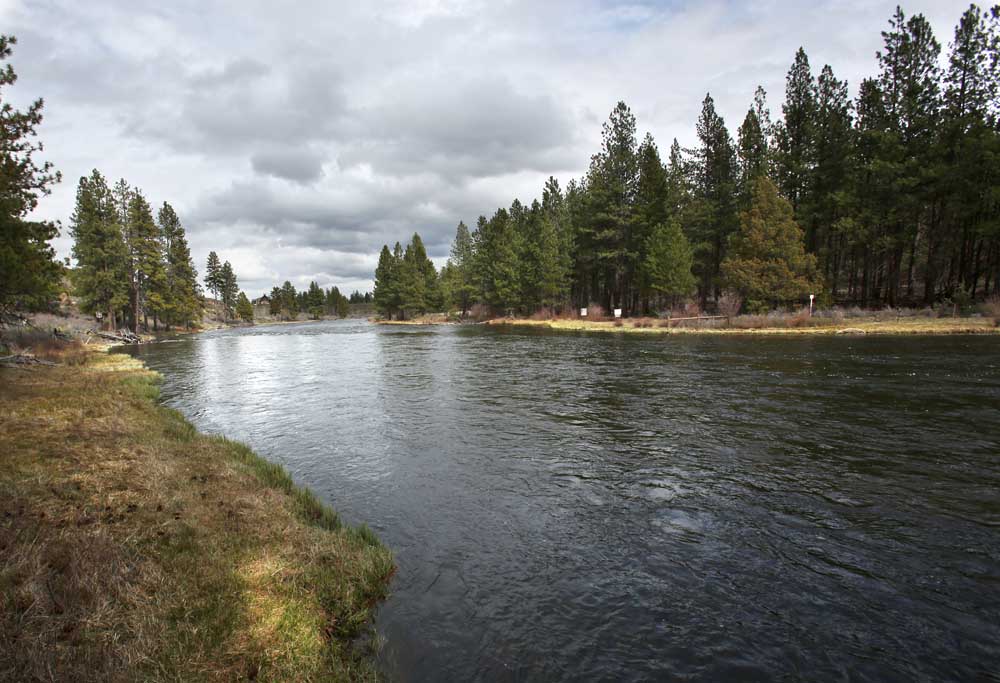Editorial: Don’t block footbridge over the Deschutes River
Published 12:00 am Tuesday, February 6, 2018

- This 2017 photo shows the Deschutes River downstream of Meadow Camp Day Use Area in Bend.
A bill in the Legislature would stop a proposed pedestrian and bike bridge over the Deschutes River just south of Bend. The Bend City Council should make a statement supporting the bridge at its Wednesday meeting.
The Bend Park & Recreation District’s bridge is not a new idea. It’s been in planning for decades. It’s part of the network of connections for the trails along the river that stretch from Tumalo State Park to Sunriver.
This bridge would make it easier for people on Bend’s east side to access trails in the Deschutes National Forest. It may encourage more people not to gas up and drive to the trails. That’s a win for the environment.
House Bill 4029 snuffs that out.
The first clue that something is wrong with the bill is that no legislator in Deschutes County put his name on it. In fact, no legislator in the state has. Legislators are supposed to be accountable to the voters. They aren’t being accountable when they allow bills to be introduced without publicly identifying the legislator or legislators responsible.
HB 4029 is a prettied-up version of HB 2027 from the 2017 legislative session. That bill managed to sneak through the House with little scrutiny thanks to the handiwork of Rep. Gene Whisnant, R-Sunriver. He didn’t tell the park district about his bill. When the bill finally got more attention in the Senate, it was escorted away to die in committee.
Building the bridge that connects to trails in the Deschutes National Forest should bring up a debate about the right balance between protecting nature and public access. This legislation, though, is not about finding a balance. It’s about a ban. It’s about restricting public access to public trails.
Some who live near the bridge’s proposed location don’t want their views spoiled by the hoi polloi. They have been arguing the bridge should be blocked for “environmental” reasons. Even some environmental groups, including Oregon Wild, support blocking the bridge. But this is no untrammeled, idyllic bit of forest. It’s funny how nobody raised much fuss when the Forest Service made the area into an off-leash dog park or expanded the nearby parking lot to allow more people to drive to the trails. And we haven’t heard any nearby homeowners talk about plans to demolish their homes and restore their slice of the river to a natural state.
Voters in Bend supported a park district bond in 2012 that included the bridge. That bond measure was endorsed by conservation groups including the Upper Deschutes Watershed Council, Trout Unlimited, the Oregon Natural Desert Association and the Trust for Public Lands. Connecting people to nature is an important part of enjoying healthy outdoor recreation and building support for public lands. Don’t let the Legislature ban the bridge.







